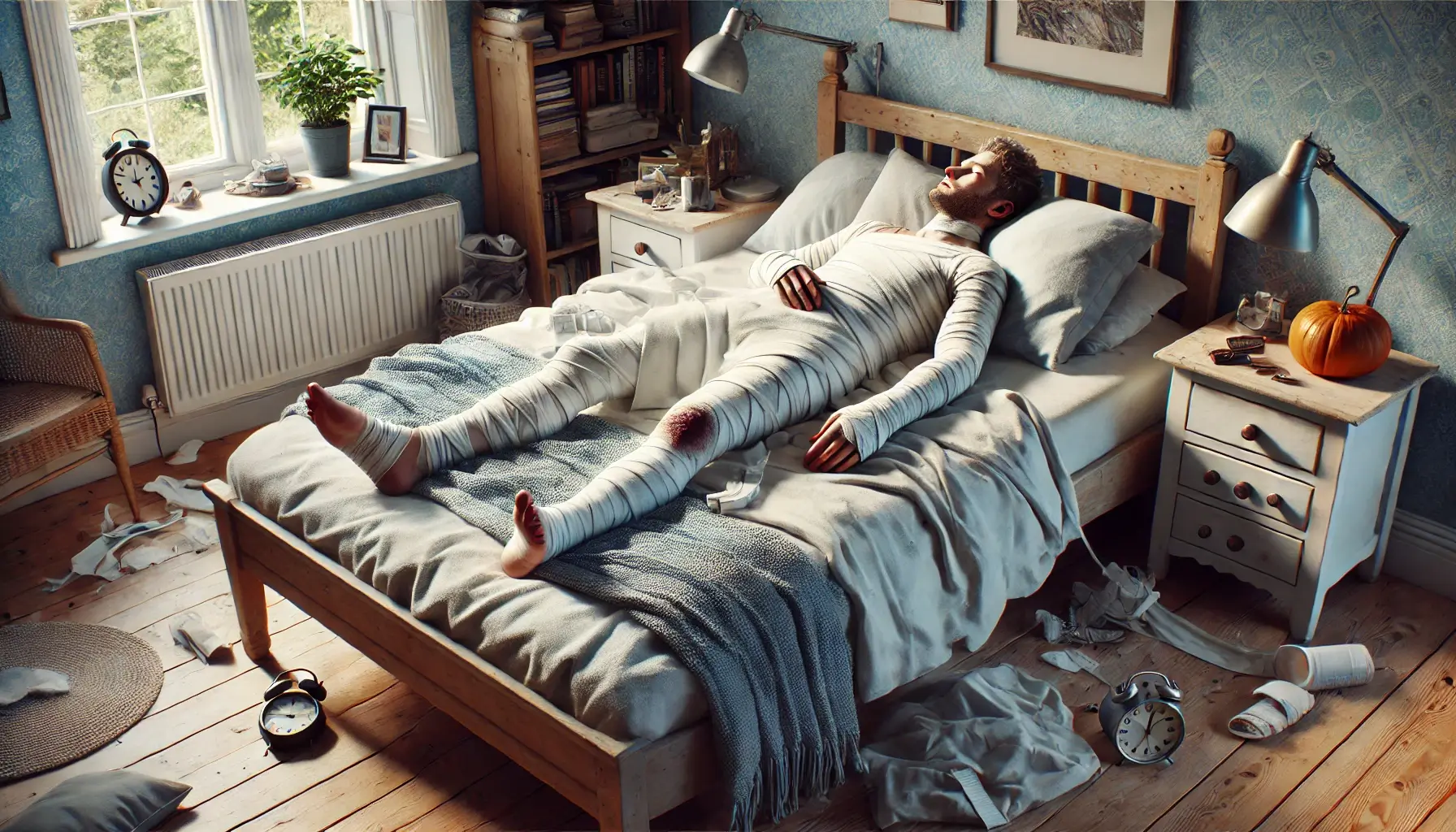How to File for A Slip and Fall Compensation in Ohio
Every year, more than one million people in the U.S. go to the emergency room because of a slip and fall accident.
Falling is the most common cause of brain injury and hip fractures. Slipping and falling is a leading cause of injury for people of all ages.
What happens when you’re injured in a slip and fall accident on someone else’s property? If it can be proven that your injury was a result of the negligence of the property owner, you might be entitled to compensation.
Let’s take a look at how to file for a slip and fall compensation in Ohio.
Proving Negligence and Damages in a Slip and Fall Case
If you suffer from a fall on someone else’s property due to the property owner’s negligence, you might be entitled to compensation. If you can prove that it was the property owner’s negligence that led to your injuries or property damage, you then have to prove the injuries or damages you sustained.
This is why it’s important to have an experienced attorney representing you when seeking slip and fall compensation in Ohio. They will be able to present a settlement demand to the insurer of the property owner which will include the compensation you and your attorney believe is appropriate.
Since slip and fall cases vary so widely in the details and the extent of damages, there is no average slip and fall compensation in Ohio cases. A person who suffers a major injury that leaves them disabled will seek a much larger settlement amount than someone who suffers relatively minor injuries that merely require a few months of physical therapy.
Instances when you cannot file a slip and fall claim include when an individual is trespassing, committing a crime, or intentionally injures themselves.
Common causes of slip and fall cases include spilled or pooled liquids, loose carpet, recently waxed or mopped floors, loose floorboards, uneven surfaces, loose handrails or lack of handrails, poorly lit areas, rugs and mats without non-slip backing, and poorly maintained balconies, stairs, and decks.
Slip and Fall Statute of Limitations in Ohio
In Ohio, the statute of limitations that will most commonly affect slip and fall incidents is the same statute of limitations that applies to more general personal injury claims. This means that you have two years to file a lawsuit against a party that you believe is responsible for your injuries and/or property damage.
What You’ll Need to File For Slip and Fall Compensation in Ohio
A slip and fall accident is always unexpected. That means it can be unclear at the time what the next steps to take are in recovering from your injuries.
If you’ve been in a slip and fall accident, you’ll want to receive the necessary medical care as soon as possible. After this, you’ll want to gather information including:
- The name and location of the property where you fell;
- The names of the property owners and any property managers;
- The contact information and names of any witnesses;
- Videos and photos of the accident scene;
- Pictures or your injuries; and
- Save the clothing and footwear you were wearing at the time of the accident.
You’ll also want to avoid making statements to any insurance company or business that they can try to use against you. Businesses and insurances companies are trained on how to get you to say something that they can later try to use against you. Instead, you’ll want to obtain the representation of a slip and fall attorney right away so they can help you navigate the process.
How to File For a Slip and Fall Compensation in Ohio: Hire an Experienced Slip and Fall Attorney
It is not advisable to pursue a slip and fall case in Ohio on your own. Instead, you should hire a knowledgeable slip and fall lawyer to help you receive the compensation you deserve.
At SELPH LAW, we’re here to help if you’ve been injured in a slip and fall case.
Sub Categories
Recent Articles
-
 Jul 22, 2024Seasonal Risks Leading to Different Types of Personal Injury Accidents
Jul 22, 2024Seasonal Risks Leading to Different Types of Personal Injury Accidents -
 Jul 22, 2024Common Injuries in Different Personal Injury Cases
Jul 22, 2024Common Injuries in Different Personal Injury Cases -
 Jul 22, 2024Maximizing Compensation in Personal Injury Accident Cases
Jul 22, 2024Maximizing Compensation in Personal Injury Accident Cases -
 Jul 22, 2024Unnatural Provable Negligence in Slip and Fall Cases
Jul 22, 2024Unnatural Provable Negligence in Slip and Fall Cases

